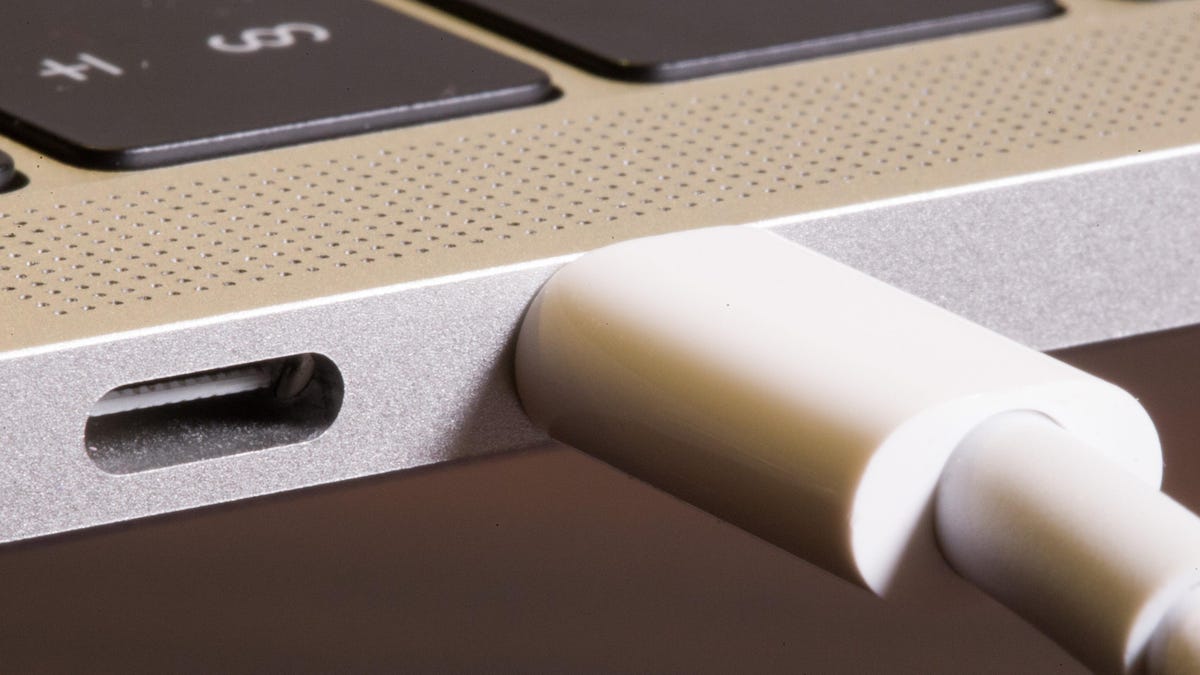Effects of Constant Laptop Charging on Battery Life
Many laptop users have unknowingly fallen into the habit of keeping their laptops plugged in at all times, believing that it will improve performance. However, this is a common myth that can actually have detrimental effects on the longevity of your laptop’s battery.
The Myth of Constant Laptop Charging
According to Kent Griffith, an assistant professor at San Diego State, constantly keeping your laptop battery at 100% can lead to significant stress on the battery. This stress can result in decreased battery life and performance over time, as the battery is continuously being held in a high-stress state.
Griffith recommends maintaining your laptop battery in the optimal range of 20% to 80% for most of its life to ensure longevity. Charging your laptop fully and then allowing it to run down throughout the day can help preserve your battery’s performance.
The reason behind the negative impact of constant charging lies in the composition of lithium-ion batteries. When a battery is fully charged, there is an excess of lithium ions on one side, leading to stress on the battery. Maintaining a balance of lithium ions throughout the battery, around 50%, is crucial for optimal performance.
Origins of the Charging Myth
The belief that laptops should always be plugged in may stem from the habits we developed with desktop computers. Unlike desktops that draw power directly from the wall outlet, laptops rely on batteries for energy. Constantly keeping a laptop plugged in can lead to frequent, unnecessary recharges between 99% and 100%, contributing to battery degradation.
While the convenience of a fully charged battery at all times may seem appealing, it can have long-term consequences on battery health. Over time, poor charging practices can lead to a significant decrease in battery life.
Why the Myth Persists
The prevalence of constant laptop charging can be attributed to the belief that it maximizes computer performance. Additionally, many users primarily use their laptops at a desk with easy access to power outlets, making it convenient to keep the laptop plugged in all the time.
However, the drawbacks of this practice become apparent when users need to use their laptops on-the-go. A weakened battery due to constant charging can significantly impact the laptop’s usability outside of a stationary environment.
While smartphones have implemented optimization features to mitigate battery degradation, laptops require more proactive management from users. Utilizing features like optimized battery charging can help, but it is essential to unplug your laptop throughout the day to maintain battery health.
In conclusion, breaking the habit of constantly charging your laptop can significantly extend its battery life and overall performance. By following charging best practices and actively managing your battery usage, you can free yourself from the dependency on charging outlets and ensure your laptop remains a reliable companion for years to come.
Image/Photo credit: source url





